Amid a Crackdown, Basra’s Summer Protests Off to a Slow Start
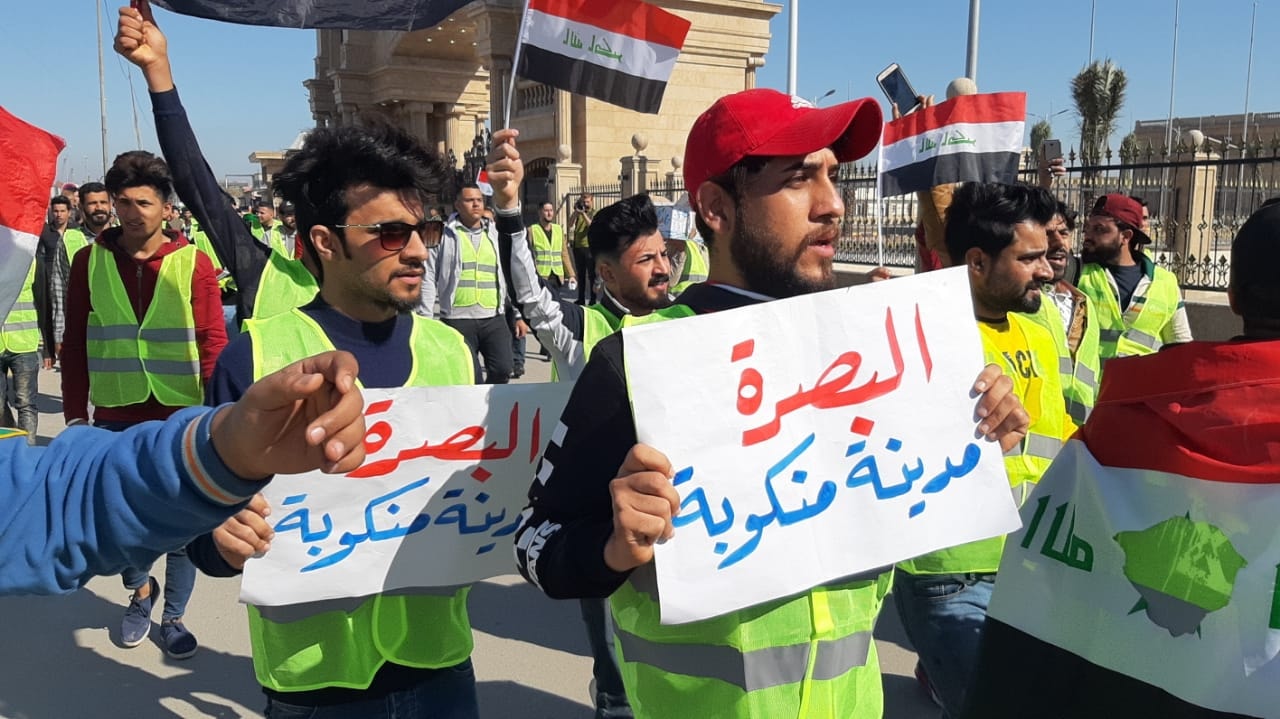
Last year, anti-government protests in Basra got violent fast. This year, a lack of leadership, militia kidnappings, a more vocal political opposition and, most worryingly, a tougher stance from security agencies has made for a quieter scene.
Waheed Khanim, Basra
Basra’s summer demonstrations got off to a slow start at the end of June this year. Popular protests have become an annual event in the southern province, driven by locals’ discontent at the lack of state services, such as potable water and power as summer temperatures go over 50 degrees Celsius.
They first started in 2010 and occurred on and off between then and 2015. From 2015 onwards, summer protests became a regular thing, with demonstrations in 2018 particularly furious and violent – and also politically impactful.
The council buildings in Basra are still smoke damaged from last year’s fire and the councilors have moved to new premises – but that doesn’t mean the demonstrators won’t eventually find them, locals say. For now though, this year’s round of protests in the southern city of Basra mostly feel like a quiet extension of last year’s.
The same names are cropping up for protest leaders and spokespeople. Yet somehow the momentum has slowed.
One of the leading activists, Kadhim al-Sahlani, a doctor who also teaches at the University of Basra, believes this is due to a slight improvement in the political situation and the provision of state services. But he thinks it is probably also because there hasn’t yet been any kind of provocation – for example, he says, the death of a protestor at the hands of government security forces would be the kind of thing that would raise tensions quickly.
Al-Sahlani says that although the movement did not achieve their objectives in 2018, they certainly raised awareness and, he suspects, political reform now feels inevitable.
The more relaxed aspect of this year’s protests is due, he believes to some structural features too: “The protests are usually fairly spontaneous,” he explains, “so often there is no real leadership. This can make meeting protesters’ demands difficult. And if there is some kind of political opposition to voice popular opinions and anger, then there’s a non-violent alternative.”
However, he added, “ it also means that the authorities can delay and procrastinate. They don’t deliver what they have promised and this raises the ire of the demonstrators again.”
Basra’s demonstrators can be roughly divided into two groups. The first includes local activists, many of whom prefer to have peaceful demonstrations and who are also often engaged in other civil society activities and organizations. They tend to be more organized and to coordinate the protests.
The second group involves ordinary locals who want only to vent their anger at their living conditions.
Another reason for the relative quiet around protests in Basra is a crackdown by authorities. The latter have said that only formally approved protests may take place.
A female activist, who wanted to remain anonymous for fear of retaliation, said she had attended several of the demonstrations last year, including a sit-in. She had put up posters and been tear-gassed three times.
“I wanted to bring a feminist element to the demonstrations,” she explains. “We succeeded in motivating many others and our work continues. But now we are often threatened or intimidated by the security forces.”
She had shared several videos of the 2018 protests online and as a result, her home was raided by security forces while she and her husband were out.
Lawyer and activist Laith al-Qatrani confirms that 30 people were arrested during the June 25 demonstration and 25 of them were eventually released. The other five are being held on various charges including theft and vandalism.
Al-Qatrani says he has also been arrested on suspicion of inciting a riot and then released – but not before being beaten. He believes he was only released because he is a lawyer and thanks to the intervention of local politicians.
Al-Sahlani wasn’t arrested but was kidnapped by a still-unknown group of armed men. He believes there is what he calls an “overlap” between the armed militias, who represent some of Iraq’s political parties, and the professional military and security forces.
“Things get so messy and sometimes there are extrajudicial arrests,” he suggests. “In many of these cases, the official security forces end up negotiating with the militias to secure the release of the kidnapped person,” he notes. “Other times, the members of the militias are also members of the armed offices.”
Head of the local office of Iraq’s Human Rights Commission, Mahdi al-Tamimi, says his organization has documented ten cases of torture and that unfortunately the practice is becoming more common in Basra.

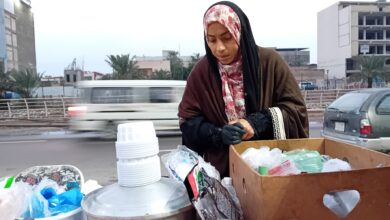
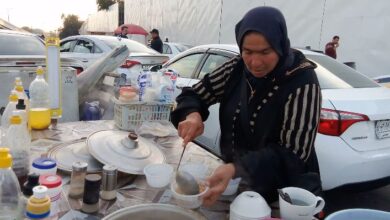
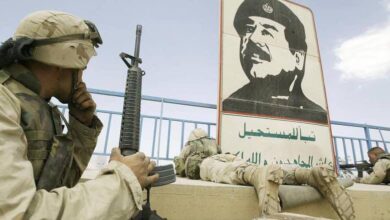
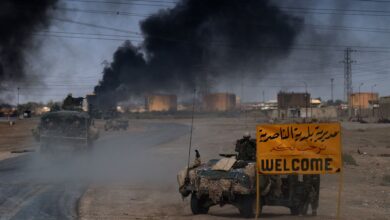
how to get viagra prescription what was viagra originally used for is viagra covered by medicare
cialis blaack cialis forsale cialis a domicilio new jersey
cattle ivermectin ivermectin for pig lice ivermectin injectable dosage for chickens
cialis side effects with alcohol cialis tadalafil 20mg get cialis overnight
cialis shop in australia cialis price comparison buy cialis with dapoxetine
where can i get amoxicillin 500 mg amoxicillin 500mg without prescription buy amoxil
buy prednisone online no script prednisone 2 mg daily compare prednisone prices
clomid male can you buy clomid clomid 50mg tablets
doxycycline prescription canada best price for prescription doxycycline can i buy doxycycline over the counter in europe
canadian pharmacy online discount prescription drugs erection pills
clomid price in india how can i get clomid uk can i buy clomid online in australia
amoxacillian without a percription amoxicillin 500 mg online can i buy amoxicillin over the counter
best price for generic viagra on the internet erection pills non prescription ed drugs
top erection pills viagra without a doctor prescription walmart ed pills comparison
prescription drugs without prior prescription home remedies for erectile dysfunction medications list
pharmacy online natural help for ed how to get prescription drugs without doctor
prednisone pack can i buy prednisone online without prescription prednisone 1 mg tablet
cheapest generic cialis australia viagra levitra cialis which works better? best price cialis 20mg
prednisone cream over the counter prednisone 50 mg coupon prednisone medication
cialis onlilne cialis sales cialis price south africa
ivermectin ear mites cats ivermectin demodex
ed dysfunction male dysfunction pills homeopathic remedies for ed
cialis on lone purchasing cialis in the usa overnight pharmacy 4u cialis
prednisone 1 tablet cheap prednisone buy prednisone 1 mg mexico
buy ed drugs online cheap online pharmacy buy ed pills online
ivermectin for tapeworms in cats stromectol in Canada ivermectin 3 mg
fast shipping prednisone prednisone for sale can you buy prednisone online uk
best erection pills solutions for ed home remedies for erectile dysfunction
legal to buy prescription drugs without prescription tadalafil without a doctor’s prescription buy canadian drugs
how can i order prescription drugs without a doctor canadian online drugstore prescription drugs online without
best ed medications online ed pills new ed drugs
mexican pharmacy without prescription ed meds online without doctor prescription best canadian online pharmacy
where to buy ivermectin for humans ivermectin clinical trials ivermectin demodex
mexican pharmacy without prescription prescription drugs online without doctor ed prescription drugs
meds online without doctor prescription overseas pharmacies online prescriptions from india
ed meds online without doctor prescription best medication for ed erectile dysfunction drug
india pharmacy without dr prescriptions generic drugs india order online legitimate online pharmacies india
stromectol price usa stromectol for sale stromectol
clomid for sale clomid for sale where to buy cheap clomid online
cialis 20mg best price for daily cialis lowest price tadalafil
stromectol 3 mg tablets price stromectol for sale stromectol price usa
stromectol without a doctor prescription stromectol for sale stromectol for sale
stromectol without a doctor prescription stromectol pills for humans stromectol
buy clomid 50mg online where to buy cheap clomid online buy clomid
stromectol tablets for humans over the counter ivermectin ivermectin pharmacology
stromectol tablets for humans buy ivermectin for humans australia ivermectin for goats tractor supply
how long does it take ivermectin to work stromectol for humans for sale stromectol 12 mg tablets
buying viagra online viagra coupon buy viagra online canada
viagra without a doctor prescription sildenafil 100 mg how much is viagra
п»їviagra pills order viagra online viagra cost
cialis over night generic version of cialis cialis super active review
free shipping for cialis from india tadalafil how long does it take for cialis to work
cialis super active real online store tadalafil 20mg best price О±П…ОёОµОЅП„О№ОєОї П‡О±ПЂО№ cialis
cialis half life dapoxetine cialis buy cialis blog usa
order online cialis with dapoxetine cialis pills canadian online pharmacy cialis hvtsgeahdimashBtjGoomeu
viagra or cialis reviews tadalafil 20mg best price cialis.
Thanks for sharing, this is a fantastic blog.Much thanks again. Really Cool.
When I originally commented I clicked the “Notify me when new comments are added” checkbox and now each time acomment is added I get several e-mails with the same comment.Is there any way you can remove people fromthat service? Thanks a lot!
Hmm is anyone else encountering problems with the pictures on this blog loading?
I’m trying to figure out if its a problem on my end or if it’s the blog.
Any feedback would be greatly appreciated.
Wow, that’s what I was searching for, what a stuff!
present here at this web site, thanks admin of this site.